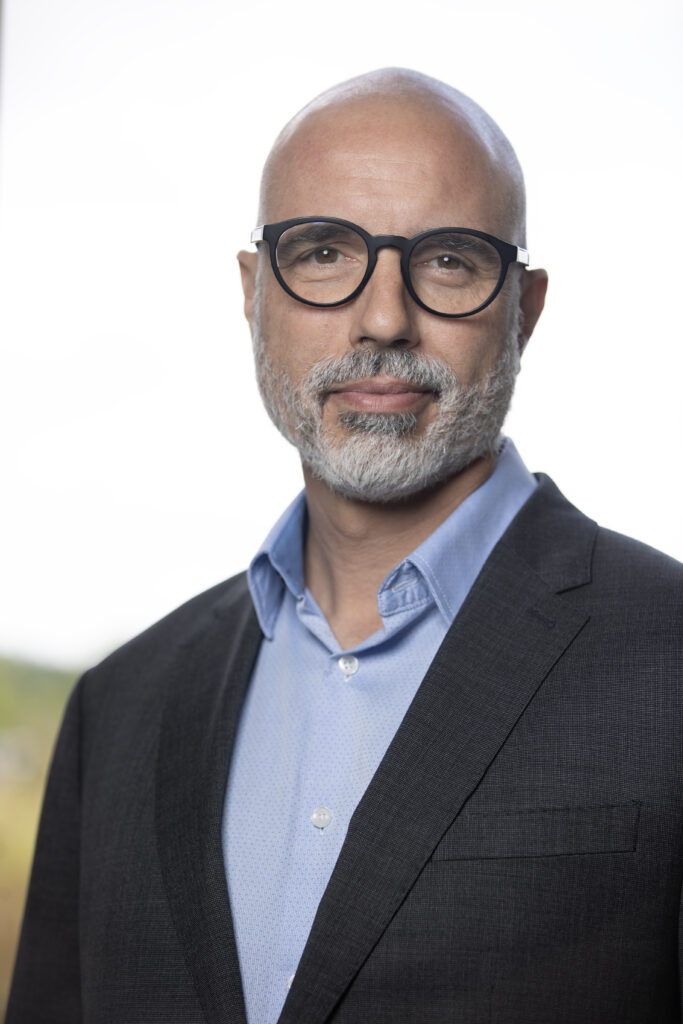
About us
Change that matters
International cooperation with people throughout the value chain is at the heart of our work, with a focus on small scale and family farmers, and workers on farms, in mines, and in supply chains and their communities.

Our approach
International organization with boots and brains on the ground
We’re proud of our defining features: our global scope and local focus; our thirst for innovation and capacity to maintain what works well; and our many partnerships with people throughout the value chain – essential for fostering genuine sustainability.
Global organization, local staff
Local staff know the people, the cultural, political and economic context, the language; they have connections and relationships, positioning them to do the most high impact, relevant work on the ground. Read more about our organization.
Solidaridad is a unique organization, working to improve the conditions of small farmers and workers around the world, while simultaneously addressing the most pressing environmental challenges of our time
Andre de freitas – Executive Director Solidaridad Network

Continuity and innovation
We believe in the value of transformation and innovative ways of working to tackle global challenges. Over the years, we have reinvented ourselves many times to meet changing environments, demands and challenges, while always driven by the core values of solidarity and innovation.
Partnerships
Partnerships bring different knowledge, skills, connections that make two parts much stronger and more capable than one alone. We strive to bring value to every partnership, and learn from every engagement. Read more about our partnerships.
History
For the last fifty five years, Solidaridad has been building experience in fighting poverty and advocating for sustainable production. Solidaridad helped to found the Fairtrade movement, and for decades have been developing innovative solutions to the problems within global supply chains. And with that experience we are now working at scale: over the last 4 years we have improved practices with 1.4 million producers, and 3 million more hectares of land are now being sustainably managed.
